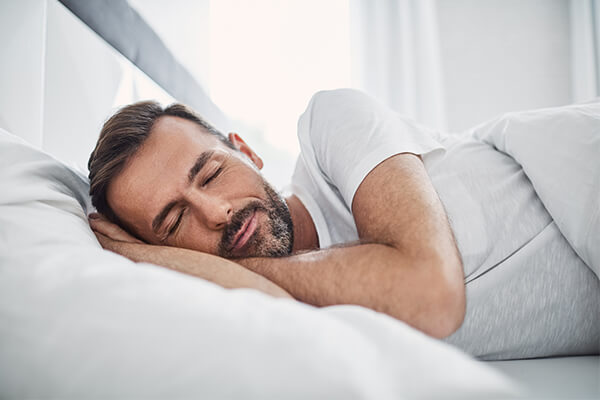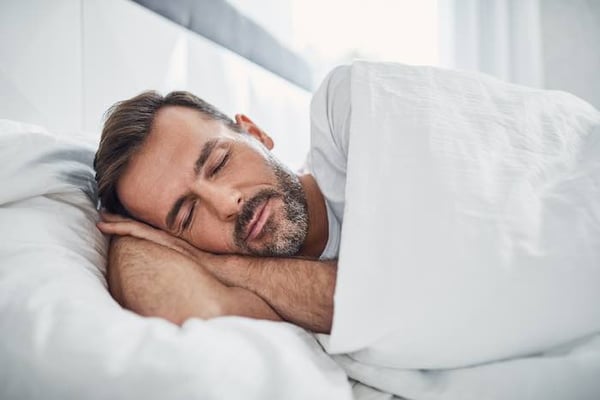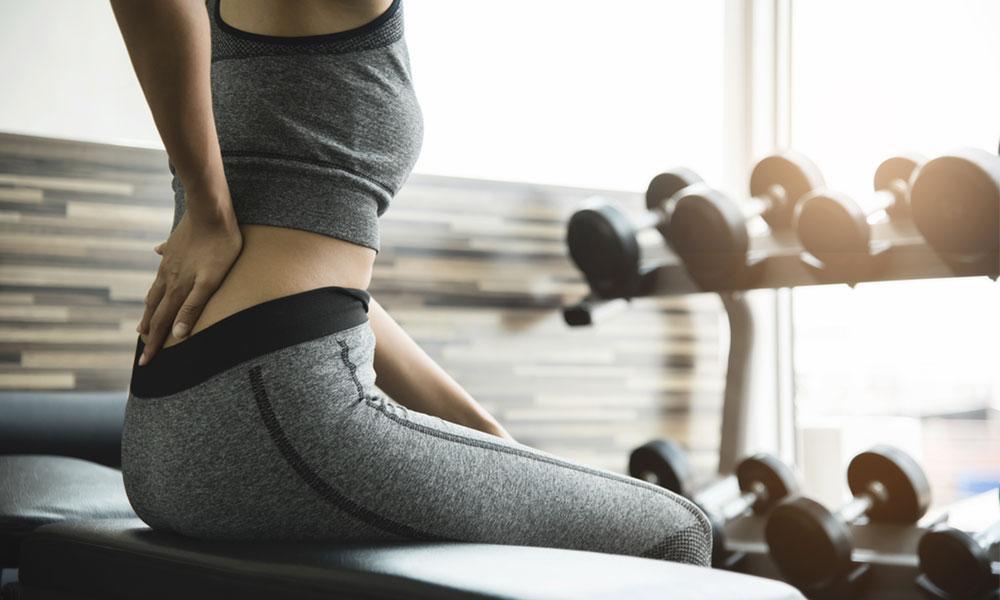The Impact of Exercise on Sleep Quality and Duration

Regular exercise has numerous benefits for our physical and mental health. One of the most significant benefits of exercise is its positive impact on sleep quality and duration. In this article, we will explore the scientific evidence behind the relationship between exercise and sleep, and how you can make the most out of your exercise routine to improve your sleep.
What is Sleep?

Sleep is a vital function of our body, which allows our brain and body to rest and recover. During sleep, our body repairs and rejuvenates itself, and our brain processes and consolidates the information received during the day. Sleep is divided into two main stages: Non-REM (NREM) sleep and REM (Rapid Eye Movement) sleep. NREM sleep is characterized by slow brainwaves, and it is the time when our body repairs itself. REM sleep, on the other hand, is characterized by rapid eye movements and vivid dreams, and it is the time when our brain processes and consolidates memories.
The Relationship Between Exercise and Sleep
There is a growing body of scientific evidence that supports the relationship between exercise and sleep. Studies have found that regular exercise can improve sleep quality, reduce the time it takes to fall asleep, and increase the duration of sleep. Exercise has also been found to reduce the symptoms of sleep disorders such as insomnia and sleep apnea.
How Does Exercise Improve Sleep?

Exercise can improve sleep quality and duration through various mechanisms. Firstly, exercise can help to reduce stress and anxiety, which are common causes of sleep problems. Exercise has been found to increase the production of endorphins, the feel-good hormones, which can help to reduce stress and anxiety. Secondly, exercise can regulate our body’s circadian rhythm, which is our internal clock that regulates our sleep-wake cycle. Regular exercise can help to synchronize our circadian rhythm, making it easier to fall asleep and wake up at the same time every day. Thirdly, exercise can increase our body’s temperature, which can help to induce sleepiness. Finally, exercise can help to reduce the symptoms of sleep disorders such as sleep apnea and restless leg syndrome.
How to Make the Most Out of Your Exercise Routine to Improve Sleep
- Aim to exercise at least 30 minutes a day, most days of the week.
- Avoid exercising too close to bedtime, as it can increase your body’s temperature and make it harder to fall asleep.
- Choose low-impact exercises such as yoga, walking, or swimming, especially if you have joint problems or injuries.
- Avoid high-intensity workouts before bedtime, as they can increase your heart rate and make it harder to fall asleep.
- Listen to your body and adjust your exercise routine according to your energy levels and physical condition.
Regular exercise can have a positive impact on sleep quality and duration. Exercise can help to reduce stress and anxiety, regulate our body’s circadian rhythm, increase our body’s temperature, and reduce the symptoms of sleep disorders. By making the most out of your exercise routine, you can improve your sleep and enjoy the numerous benefits of a good night’s rest.















